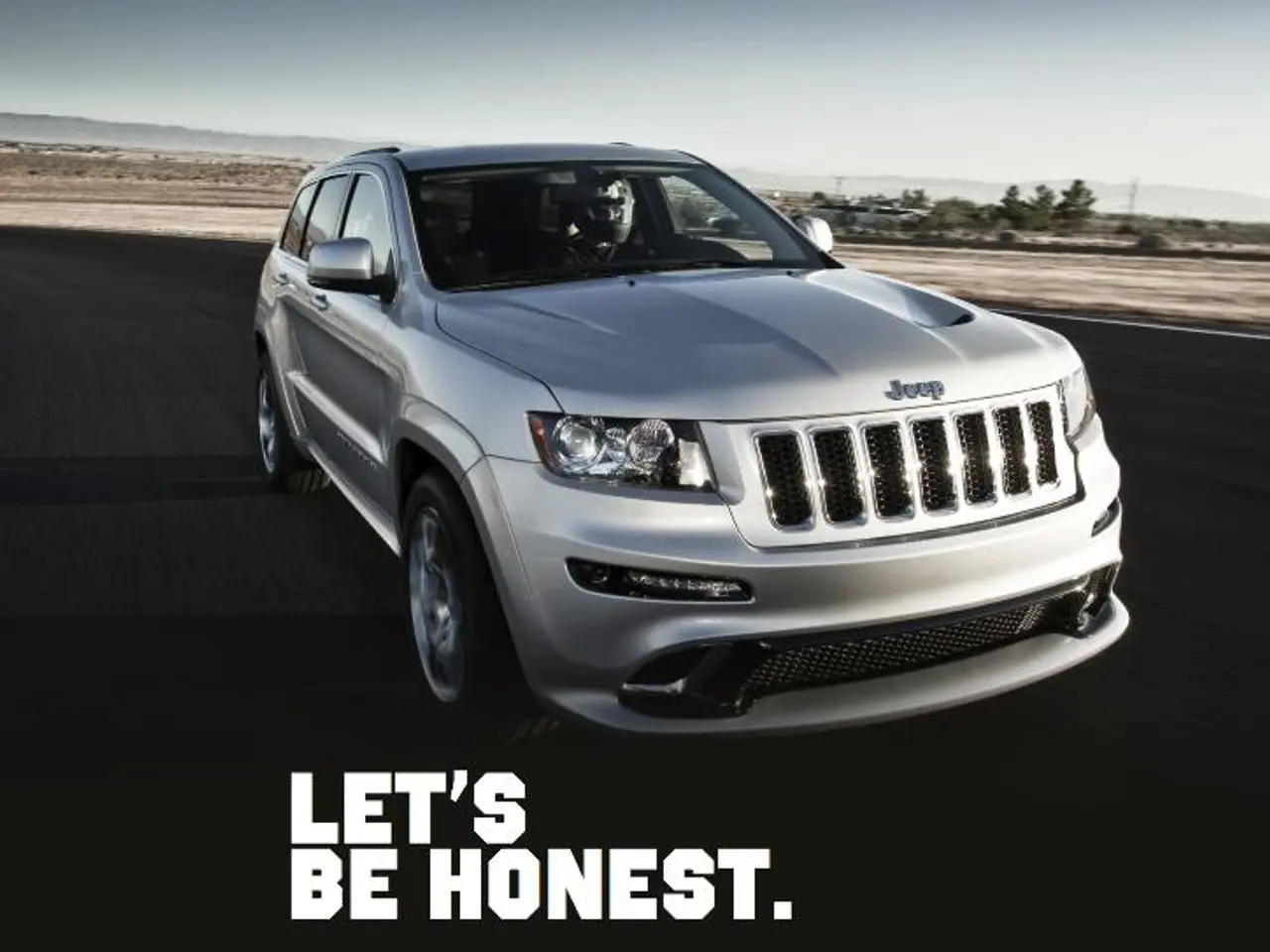Top Priorities for Leading German Automobile Brands - Key worries of elite German automobile brand producers
Germany's premium car manufacturers - Mercedes-Benz, Porsche, Audi, and BMW - are adapting their strategies to counteract profit declines in the Chinese market, driven by China's new luxury tax and fierce competition from domestic brands.
Navigating the New Luxury Tax
China's luxury tax, which lowers the taxable vehicle price threshold to 900,000 Yuan (~107,000 Euros) and includes electric vehicles, directly affects German premium models priced above this limit.
BMW expects minimal impact from the luxury tax, believing luxury buyers to be less sensitive to the surcharge. Audi sees the tax affecting only a limited number of high-end models and is closely monitoring the market to adjust strategies as needed. Porsche is assessing the tax's impact and exploring ways to safeguard customers’ interests but hasn’t announced specific countermeasures yet.
Market Pressure from Local Brands
Chinese brands like BYD have rapidly increased their market share through aggressive pricing and strong EV offerings, nearly doubling their European market share and surpassing Mercedes-Benz in total sales there. As a result, Germany’s premium carmakers have lost market share in China from 24% in 2019 to about 15% in 2024.
Strategic Shifts Toward Electrification
In response to the growing dominance of Chinese EV-makers, German manufacturers are shifting focus toward electrification, updating their product lines to better compete with local EVs and to align with China’s industrial policies favoring electric vehicles. However, the ingrained reliance on combustion engine profits and slower electrification pace have posed challenges.
Long-Term Performance Expectations
If German manufacturers successfully adapt pricing and product offerings to navigate the luxury tax and intensifying EV competition, they may stabilize or regain share in China. BMW’s confidence and Audi’s flexible monitoring suggest a cautious but optimistic outlook. Porsche's evaluations indicate careful repositioning is underway.
However, sustained growth depends on accelerating EV innovation, competitive pricing, and possibly more localized strategies. Expert Bratzel suggests that the premium manufacturers will have to be content with lower profit margins for the time being.
Job Cuts and Cost-Cutting Measures
In an effort to cut costs, Audi announced a reduction of approximately 7,500 jobs in Germany. Both Mercedes-Benz and Porsche have incurred significant costs due to cost-cutting programs, including severance payments. Additionally, US import tariffs have cost Audi around 600 million euros.
Financial Performance
Mercedes-Benz recorded a significant profit drop in the first half of the year, with a group result falling from around 6.1 billion euros to around 2.7 billion euros. BMW delivered 1,207,388 cars of the three brands BMW, Mini, and Rolls-Royce in the first half of the year, a half percent less than the previous year. Audi's profit, including Bentley and Lamborghini, fell by 37.5 percent to 1.3 billion euros in the first half of the year.
BMW will publish its latest financial figures on Thursday. Revenue for Mercedes-Benz fell by 8.6 percent to 66.4 billion euros.
In conclusion, these premium German brands are combining defensive moves against new taxation with strategic pivots to electrification and competitive adjustments to counteract the growing dominance of Chinese EV-makers. Their future performance in China will hinge on how swiftly and effectively they implement these measures to maintain appeal in the evolving luxury vehicle market.
- BMW and Audi are acknowledging the impact of China's luxury tax on high-end models, with BMW anticipating minimal impact and Audi closely monitoring the market to make necessary adjustments.
- Porsche is assessing the effects of the luxury tax and exploring ways to protect customers' interests, but has not yet announced specific countermeasures.
- In response to the growing dominance of Chinese EV-makers, German car manufacturers, including Mercedes-Benz, Audi, and BMW, are focusing on electrifying their product lines to align with China's industrial policies and compete more effectively with local EVs.
- The long-term performance of these premium German brands in China depends on their ability to adapted pricing and product offerings to navigate the luxury tax and intensifying EV competition, while also accelerating EV innovation, maintaining competitive pricing, and possibly developing more localized strategies.








